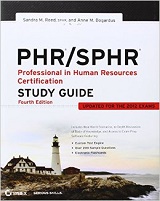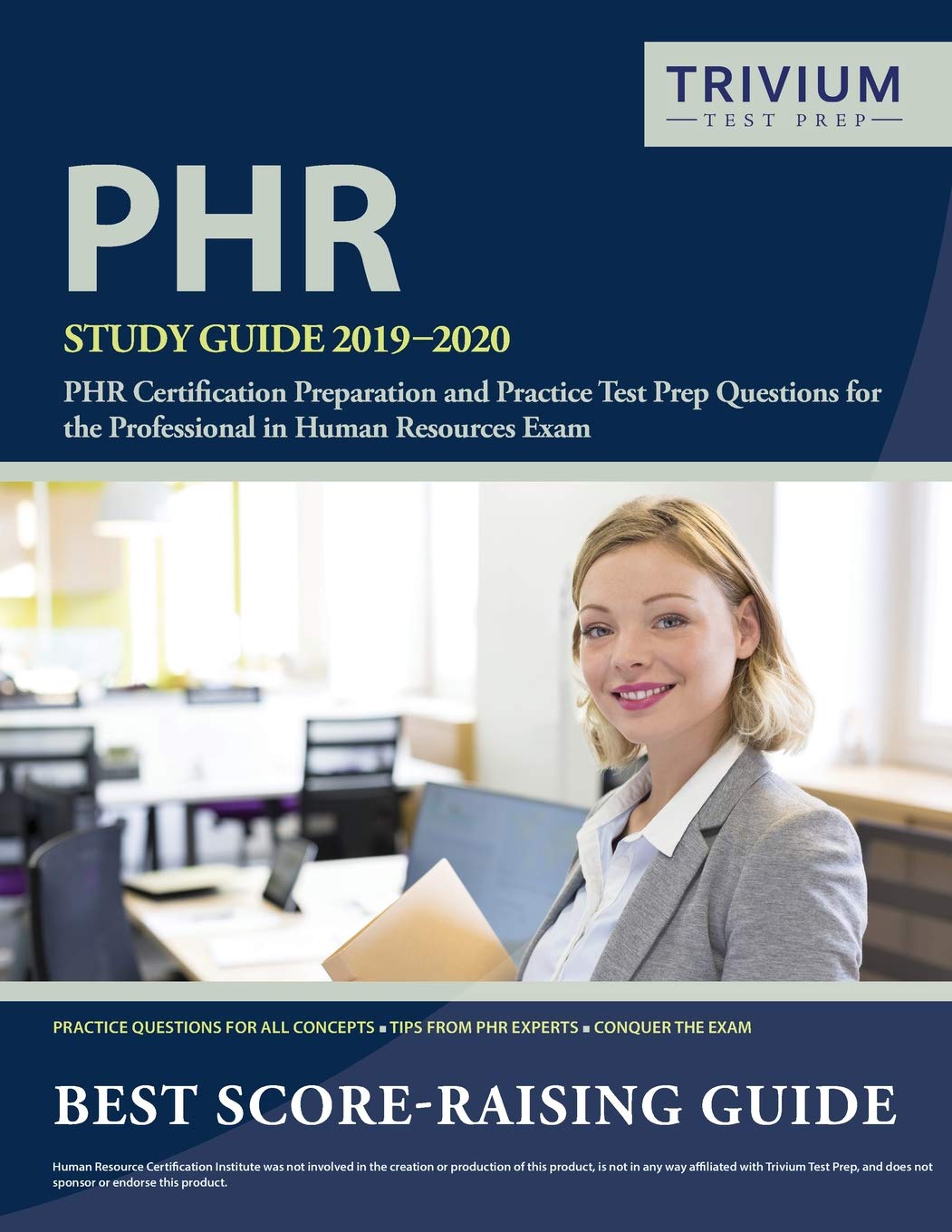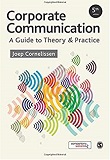I suppose it should be no surprise that the mainstay of my consulting business seems to be from the group of "Me Generation" restaurant owners who traded social Darwinism for the teachings of the expanding list of self-help gurus and now suffer from too much empathy. If the results weren't so revealing they would be rather pathetic, with charged-up posses of hourly employees whipping their managers about the schedule to lax owners finding themselves confronted with labor-related legal challenges -- the upshot of permitting subordinates to draft arbitrary house rules without bothering to check what the real (DOL) rules are.
I think it was around the same time when everyone was talking about "professionalizing" our industry that a "We Generation" employment culture emerged -- a parliamentarian style, management-by-consensus arrangement which seems to better promote alpha-group-debate rather than the right kind of organizational structure to manage employees in accordance with advancing the restaurant's goals.
Many in our business were in such a hurry to listen to the "experts du jour," telling us all that we had to develop a "caring culture," that some owners and managers went overboard, effectively abnegating their responsibilities. Consequently, at a time when it should be an employer's market, I still hear from restaurant folks who are faced with the same crucial labor concerns that they had before: That they cannot attract qualified restaurant staff despite the larger pool of available employees and, that if they do, they cannot manage and retain them.
Follow the leader
In marketing jargon, there is a familiar phrase called a "position statement," which essentially has to do with how one wishes to be perceived. It is usually determined by asking a series of questions that, for the purposes of our business, would go something like this:
Q: Who are you?
A: A restaurateur.
Q: What business are you in?
A: The restaurant business.
Q: Who do you serve?
A: My customers.
Q: Not your employees?
A: No.
Q: With whom are you competing?
A: Other restaurants.
Q: Not your employees?
A: No.
Employees in every business want leadership. If restaurant employees do not get leadership from owners or managers, they will undoubtedly form their own hierarchies where the best employees won't necessarily be the ones directing operations. Restaurants practicing this absentee-leadership approach can only expect its predictable and unfortunate outcome: Dominant employees vying to dictate newly contrived restaurant policies and procedures, insulting and upsetting restaurant owners and managers. In short, total chaos.
Why would any employee respect, let alone remain committed or loyal to, a restaurant owner who permits chaos and doesn't know who s/he is or what s/he does?
Paramount to the success of any restaurant is that all employees clearly understand that they work for a take-charge owner and s/he calls the shots -- not the other way around.
Two people cannot drive a bus at the same time
I was conferring with a lawyer about a business matter and, in between interrupting each other, he asked, "Who's going to drive this bus, you or me?"
Restaurants are led by owners and managers of whom, and however difficult a juggling act, are sometimes both. A good leader or manager is an honest broker, one who judiciously mediates competing interests -- those of the restaurant, the employees and/or its patrons -- understanding that the owner (or ownership group) is the one who determines the restaurant's business course which is, then, executed by the leader/manager.
Some restaurant owners think that they can or should drive the bus (restaurant) while simultaneously schmoozing with all of the passengers (the employees and customers) and then are suddenly surprised when all kinds of problems, including employee problems, occur. Owners who are reluctant to delegate, owners who fail to set limits -- to adequately insulate themselves so that they can spend their time looking at the big picture -- or owners who otherwise create a business environment with leadership gaps, will be faced with aggressive employees stepping up to the plate to fill-in the blanks.
Restaurant owners must either have a capacity to assume these different roles -- one who creates and, when necessary, redrafts the restaurant's vision plus directs others to correctly choreograph the entire business plan in the interest of the contradictory agendas of all parties -- or s/he must find a skilled manager or managers to take care of these leadership responsibilities.
We only get what we expect
The restaurant business is about people and relationships with its focal point, food service -- the very best in whatever type/style the restaurant is offering. As the number-one private employer in the United States, if we don't lead as the premier model for hospitality excellence, who will?
All restaurants, therefore, have a duty to demonstrate exemplary employment and business practices, taking great pride in cultivating the positive interpersonal dynamics required to win superior hospitality service which is -- at the beginning and end of every single day -- our core business. In order to achieve this, restaurant employees must have a clear understanding about what you expect from them and what they can expect from you:
1. Employees should possess, at minimum, an attentive disposition. All job applicants should be carefully screened with the profile of prospective hires broadened to include those who can potentially bring a wider range of life experience to the business -- including senior citizens and single mothers.
2. Employees should be informed about the restaurant's organizational structure, the proper chain-of-command and receive sufficient skill-training so that they can perform their duties effectively. All workplace protocols should be developed in accordance with state and federal employment mandates -- with reference materials, such as employee handbooks and employment agreements, provided and signed as necessary.
3. Regular operational audits, incorporating employee performance appraisals, should be conducted by the restaurant to thoroughly understand current problems in order to make necessary improvements. The announcement of periodic (daily, weekly, monthly, etc.) business goals bolstered with rewards (bonuses, raises, etc.) provide employees with greater incentive, thus translates to higher levels of overall restaurant performance.
About the so-called "experts"...
Anyone can find an expert to either support their point of view and/or distort the facts sufficiently enough to convince others that their position is unequivocal. The fact of the matter is that there are no real answers -- only research data colored with personal opinion -- rendering the "expert" title meaningless.
Good leaders, however, are first and foremost expert listeners who know how to engage others for the purposes of accurately assessing their abilities and providing them with the right amount of information, direction and encouragement in order to overcome any hurdles and get the job done.
There is no expert on earth that knows better than you how to properly manage and fast-track your restaurant to its desired level of business success. Lead from your gut. And if you continue to have problems with your employees, tell them that you are hiring an "expert" and heads will roll...
Maren L. Hickton is the principal of , a full-service hospitality consulting and marketing firm based in Pittsburgh, Pennsylvania.




